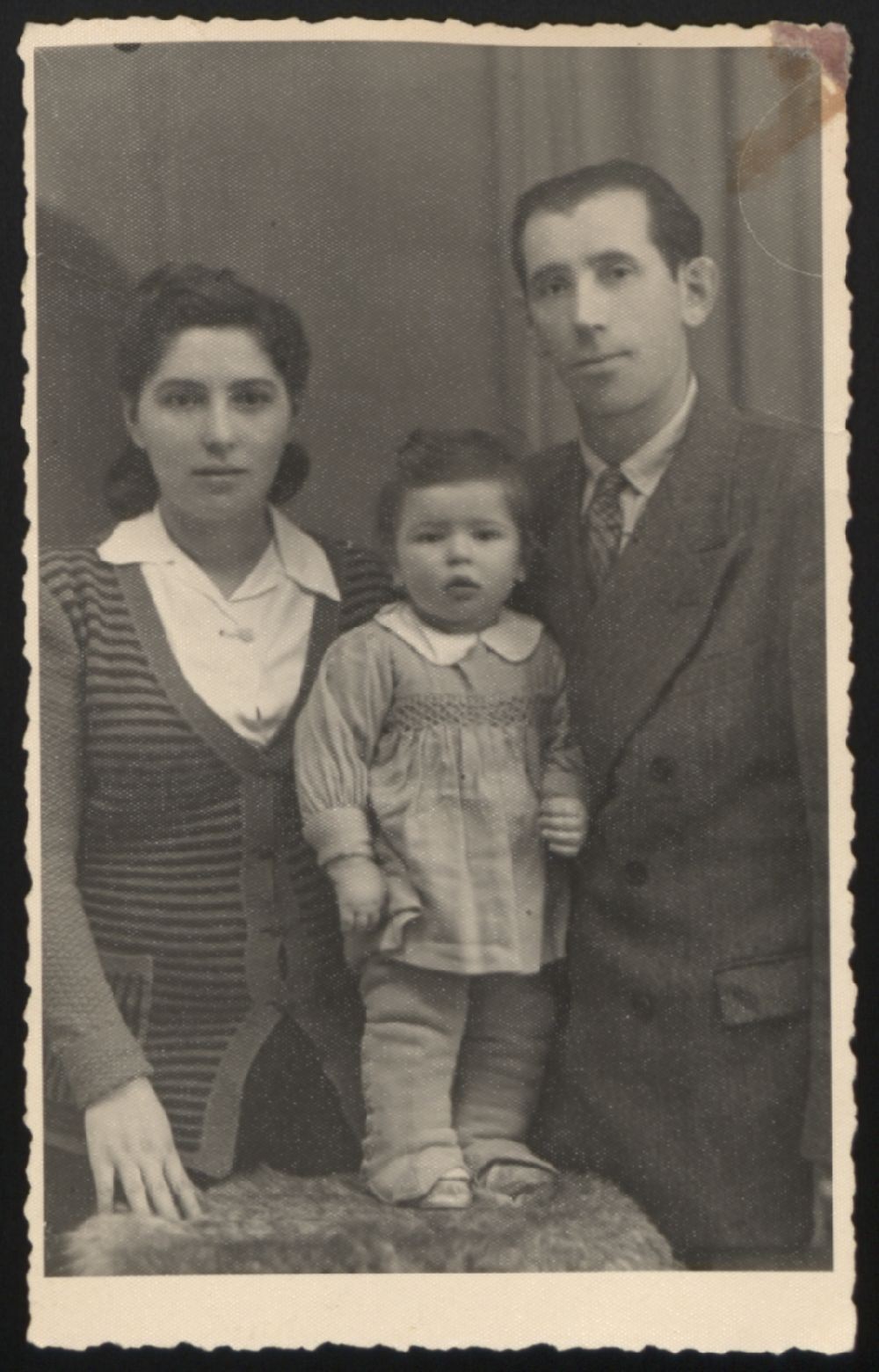Rivoli Displaced Persons Camp
For the Jews who survived the Holocaust, the end of World War II brought new challenges. Many could not or would not return to their former homelands, and options for legal immigration were limited. In spite of these difficulties, these Jewish survivors sought to rebuild their shattered lives by creating flourishing communities in displaced persons camps in Germany, Austria, and Italy. In an unparalleled six-year period between 1945 and 1951, European Jewish life was reborn in camps such as Rivoli.
Located in the Piedmont region of Italy, Rivoli was a large refugee camp of approximately 1,650 displaced persons (DPs), most of them Jewish. Over 30 miles from Turin, near the Austrian border, Rivoli was prone to mass infiltration by Jewish DPs seeking emigration. In November 1946, the Joint (The American Jewish Joint Distribution Committee) reported, "Rivoli camp was filled in suddenly and had trouble with water." The camp population, which was overwhelmingly male (944 of 987 adults in December 1946 were men), also complained of poor medical care by the UNRRA (United Nations Relief and Rehabilitation Administration).

Still, Rivoli and several youth camps in the surrounding area organized a vibrant youth culture, establishing Zionist youth groups even before the arrival of Israeli envoys. Rivoli also formed a sports team, called "Hatikva," a library, and a school that with 45 students and two teachers in late 1946, was greatly overcrowded. Vocational education, facilitated by ORT (Association for the Promotion of Skilled Trades), also thrived in Rivoli, where 350 tailors were trained.
The camp's Hebrew and Yiddish newspaper, Davar Rivoli (The Word of Rivoli), was the only Italian DP periodical printed for a specific camp. Rivoli’s cultural life thrived with its theater groups and radio, which was used for musical entertainment, news gathering, and communication with Israel and Jews around the world.
Critical Thinking Questions
- What challenges did survivors face in the DP camps?
- What challenges did the Allies face in establishing and supervising DP camps?
- What responsibilities do (or should) other nations have regarding refugees from war and genocide?

